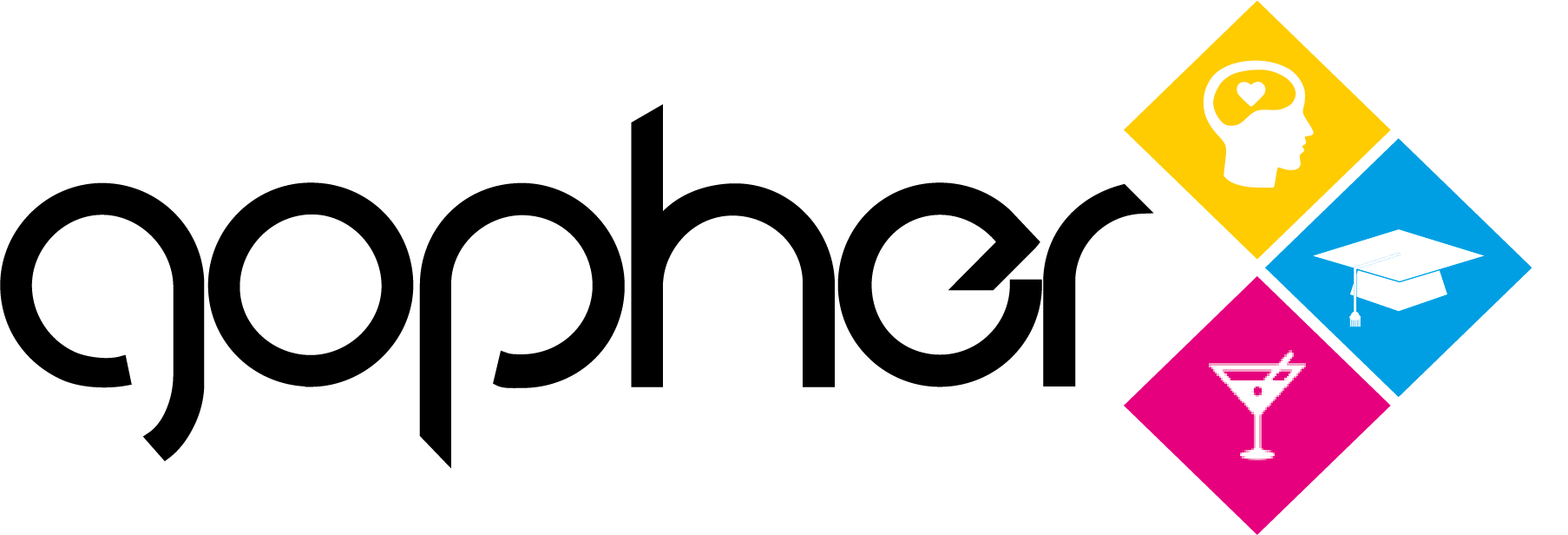Interview with... Haoqi Chen
Haoqi Chen is currently half-way in his PhD study. His experience in the first two years was not all smooth, but he has made a good progress in overcoming his personal challenges. Interestingly, he did not feel that cultural differences were an issue. In his view, we, as humans, share more common characteristics than differences and he enjoys making new friends from every part of the world. For him, foreign colleagues and housemates are also friends – he likes to know them at a personal level. In his first year, he used to work hard until 8-9 pm daily including weekends, but he now prefers to save more time to think and reflect on how he can improve his time management skill. He has set aside time to learn Dutch, attend kickboxing course, train speed reading, and do meditation. For Haoqi, he is having fun while learning. Travelling, visiting museums, discussing about arts and music with friends are what he enjoys. Regarding volunteering activities, he took part in a martial art performance (e.g. Taichi Bachi) at the Chinese Cultural Day and wore a Chinese traditional costume to participate in Keukenhof tulip parade. Most recently, he was a volunteer for the PhD Day 2017.
Q: What did you gain from participating in these activities?
Haoqi: There are a few things that I have gained. Firstly, I made some new friends. It made me feel less homesick. When I feel lonely or anxious about work I always try to reach out to them, and spending time together helps. Moreover, I learned about work-life balance – a concept that is taken for granted by most Dutch people. I still work hard, but I also learn to realize when I am exceeding my limit, and adjust back by relaxing – an advantage of doing a PhD here is that we have a decent salary and vacations to enjoy life. Last but not least, what I learn from these activities organized in the Netherlands may be applied to the systems in China. The networking opportunities at the PhD Day and its efficient organization, for example, were not something I had seen back home. By collecting these experiences, I might be able to help establish better systems in China.
Q: What are your main challenges while participating in these activities and how do you overcome them?
Haoqi: For me, it’s mainly about a personal health-related challenge, i.e. sleeping problem, which sometimes affects my collaboration with others. There is not much I can change about this health condition, but I learned to open up to others about my problems and let them know what they can expect from me. This is much better than keeping everything to myself and disappointing people I work with again and again. Another challenge is about time management since I am very active but not good at multi-tasking. It helps relieving stress when I learn to manage people’s expectation. Sometimes, I also find it hard to express my opinions in public during discussion. I was afraid I could not formulate my sentences appropriately to the situation.
Q: How do you view your future after your PhD study?
Haoqi: Everyday, I feel that I am making progress to become an independent researcher. At the moment, I still want to work as an academic staff and lead my own research group in the future. However, academia also has its dark side and I am not closing myself from other options. I believe what I learn from my PhD can be applied to careers outside academia as well. After all, what we learn during a PhD study is not just technical skills but also how to work hard, handle stress and solve problems. Furthermore, I also hope to use what I learn about the systems and working culture over here to help China handle public issues, such as GMO and institute organization, more effectively and efficiently. We are not superheroes. Being a scientist gives an ordinary person a (very) small chance to save the world, though in a humble way.
Haoqi could be a wonderful example of PhD students who place great importance on their research and their future as scientists, yet did not neglect non-scientific skills and perspectives that could be acquired only outside working hours. He does not choose to overwhelm himself with too many activities, but rather maintains the work-life balance. This balance may vary from one individual to another – we all have to discover it ourselves.
This interview was conducted by Hataitip Tasena.

